Heroism and the Complex Themes of My Hero Academia
Popular Now
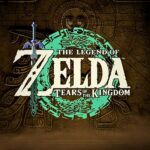 The Legend of Zelda
The Legend of Zelda
 Among Us
Among Us
 Fortnite
Fortnite
 Genshin Impact
Genshin Impact
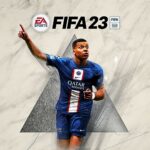 FIFA 23
FIFA 23
 Toca Boca World
Toca Boca World
 Roblox
Roblox
 Call of Duty
Call of Duty
 Poppy Playtime
Poppy Playtime
 Garena Free Fire: Kalahari
Garena Free Fire: Kalahari 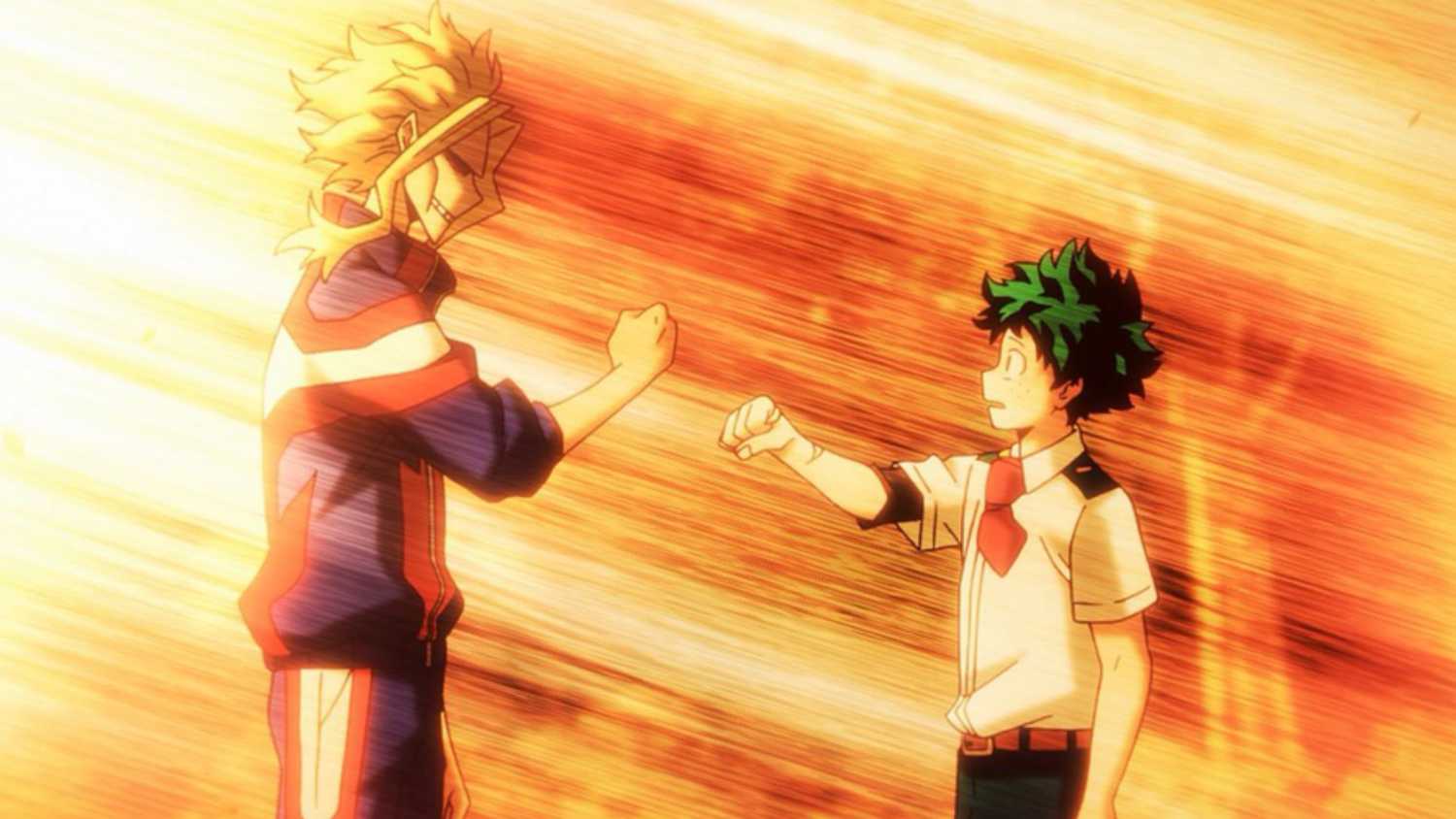
My Hero Academia is more than just a shonen anime about teenagers with superpowers. Created by Kohei Horikoshi, the series has become a global phenomenon by skillfully weaving a narrative that explores a variety of profound and nuanced themes. While the central conflict of good versus evil is a staple of the genre, the story of Izuku Midoriya and his classmates delves into deeper questions about society, identity, and the true meaning of heroism. These themes not only provide a rich backdrop for the action but also make the characters and their struggles incredibly relatable.
Here, we will analyze some of the most prominent themes in My Hero Academia and how they contribute to its widespread appeal and critical acclaim. From the nature of heroism to the burden of legacy, the series offers a compelling commentary on what it means to be a hero in a world that is far from perfect.
 1. The Deconstruction and Redefinition of Heroism
1. The Deconstruction and Redefinition of Heroism
At its core, My Hero Academia is a story about heroism, but it quickly moves beyond the simple notion of a hero being a person with a powerful Quirk. The series constantly challenges and deconstructs this concept, primarily through the character arcs of its protagonists and antagonists.
Izuku Midoriya’s journey is the most direct exploration of this theme. Born without a Quirk in a world where superpowers are the norm, he embodies the idea that a person’s heart is what makes them a hero, not their abilities. All Might’s famous line, “You can be a hero,” is a pivotal moment that grants him the Quirk One For All, but it is Izuku’s inherent, selfless desire to save others that truly makes him worthy. This is highlighted early in the series when he rushes to save Bakugo from a villain, even without a Quirk, an act that deeply moves All Might.
Conversely, the series uses villains like Stain, the Hero Killer, to critique the very foundation of hero society. Stain’s ideology that most Pro Heroes are in it for fame and money, not for a genuine desire to save people, resonates with many and pushes the audience to question the commercialization of heroism. This theme is further explored with characters like Endeavor, who is a powerful hero but a deeply flawed individual, and Hawks, a hero who must make morally ambiguous choices for the greater good. By presenting this complex view, the series argues that true heroism is an internal quality, not a societal title.
2. The Burden of Legacy and Expectations
Another central theme is the weight of legacy and the immense pressure it places on the younger generation. The series presents this through two main characters: Izuku Midoriya and Shoto Todoroki.
Izuku must not only become a hero but also live up to the legacy of All Might, the Symbol of Peace, and the eight previous users of One For All. This inherited burden is a constant source of stress and motivation for him. He struggles with mastering a power that is not his own while simultaneously trying to forge his own path. This narrative asks a fundamental question: can a person truly become their own hero while carrying the expectations of a legend?
Shoto Todoroki’s story is a more tragic exploration of this theme. As the son of Endeavor, the Number 2 Hero, he is a product of a “Quirk marriage” designed to create the ultimate hero. Shoto’s rejection of his fire abilities is a powerful symbol of his rebellion against his father’s abusive legacy. His struggle to accept both halves of his identity—ice and fire—is a compelling allegory for dealing with a traumatic past and defining oneself outside of familial expectations. His journey is about finding redemption and creating a legacy of his own, free from the shadow of his father’s ambition.
3. Perseverance and the Power of Friendship
Like many shonen series, My Hero Academia heavily emphasizes the themes of perseverance and the power of teamwork. Izuku Midoriya’s mantra of “Plus Ultra” is a powerful message of pushing beyond one’s limits, even in the face of insurmountable odds. The series consistently shows that a hero’s true strength comes not just from their Quirk, but from their mental fortitude and unwavering determination.
This theme is often interwoven with the importance of friendship and teamwork. The students of Class 1-A are more than just classmates; they are a tight-knit family that relies on each other for support. The series consistently demonstrates how collaboration and mutual trust are more effective than individual power. Moments like the Final Exam Arc, where Izuku and Bakugo are forced to team up, or the fight against the Paranormal Liberation Front, which shows the heroes fighting as a unified force, highlight that even the most powerful individuals cannot win alone.
 4. Societal Issues and Individuality
4. Societal Issues and Individuality
Finally, My Hero Academia uses the concept of Quirks to discuss broader societal issues, such as discrimination and the struggle for individuality. The world’s “Quirk Society” is a hierarchical one, where those with powerful Quirks are celebrated while those with weak or “villainous” Quirks are marginalized.
Characters like Shinso Hitoshi, whose Brainwashing Quirk is seen as villainous, and Toga Himiko, whose blood-based Quirk is deemed monstrous by society, are prime examples. Their backstories show how a society that celebrates certain abilities while demonizing others can create villains out of despair and rejection. The series argues that a person’s worth should not be defined by their abilities or the expectations of society, but by their character and choices.
In conclusion, the success of My Hero Academia lies in its ability to tell a compelling story while simultaneously exploring deep and relatable themes. It asks difficult questions about what it truly means to be a hero, the legacy one leaves behind, and the role of the individual in a complex society. These elements, combined with its dynamic action and memorable characters, have cemented its place as a cornerstone of modern pop culture and a series with a message that resonates far beyond the battlefield.

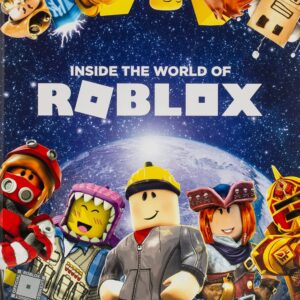








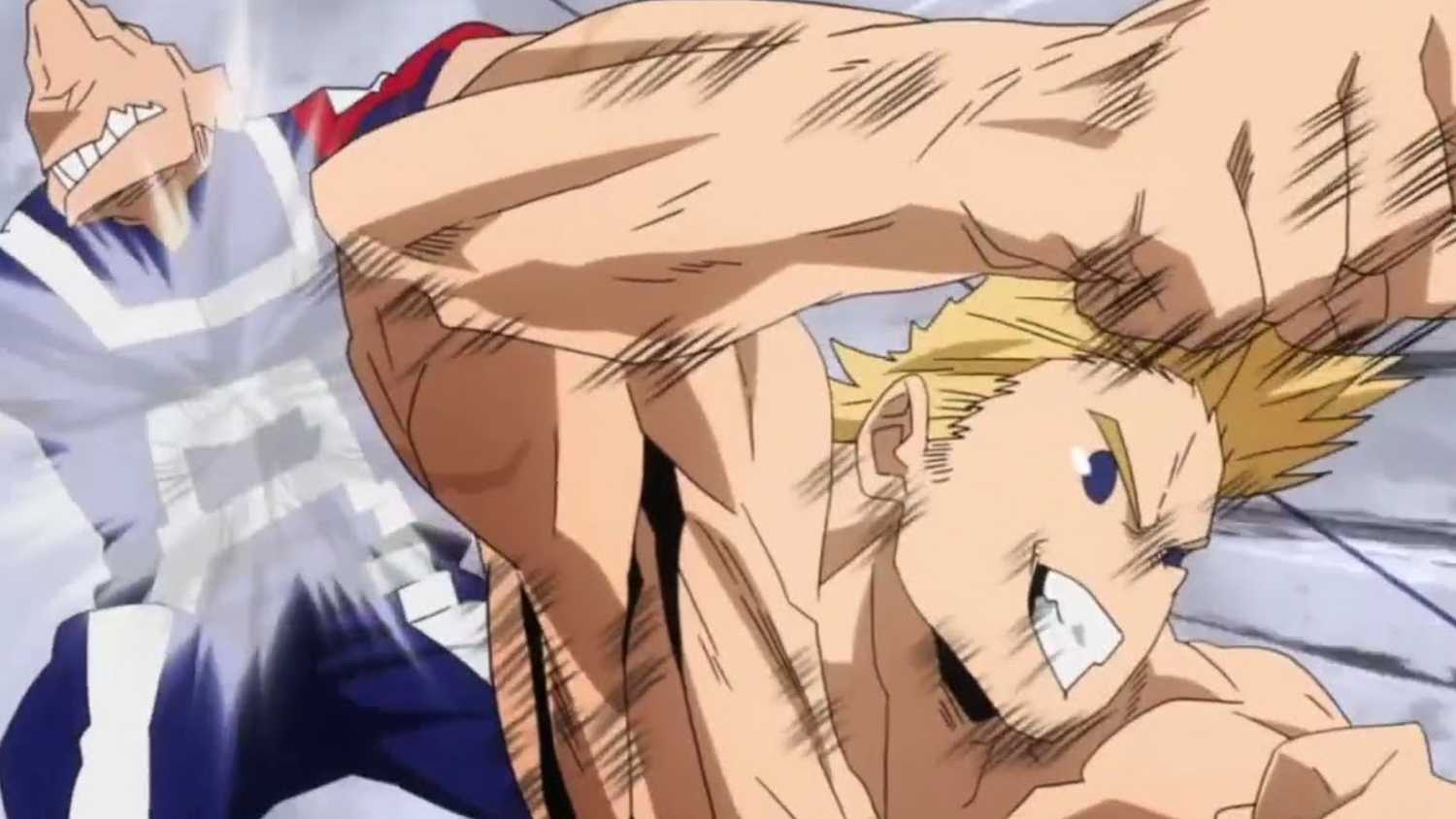 1. The Deconstruction and Redefinition of Heroism
1. The Deconstruction and Redefinition of Heroism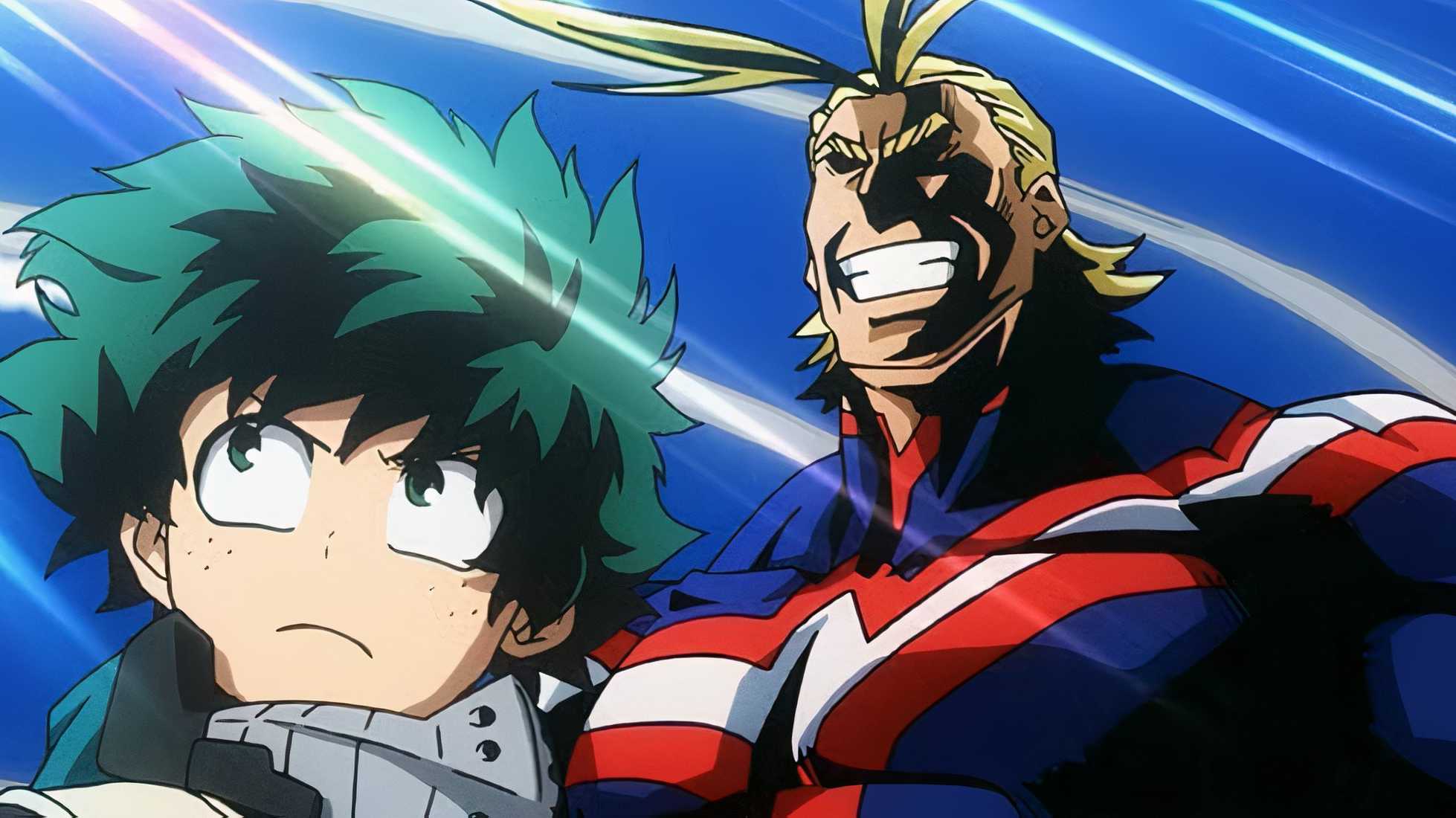 4. Societal Issues and Individuality
4. Societal Issues and Individuality